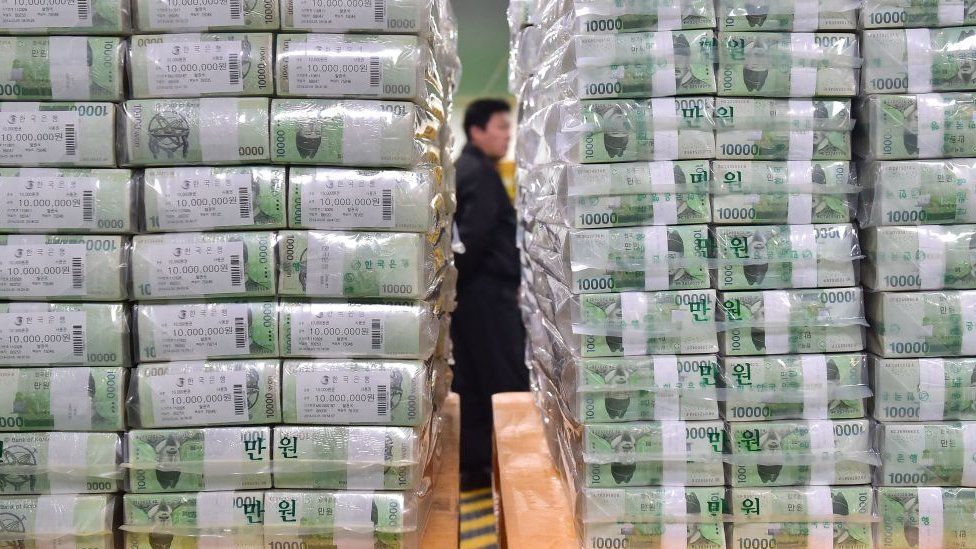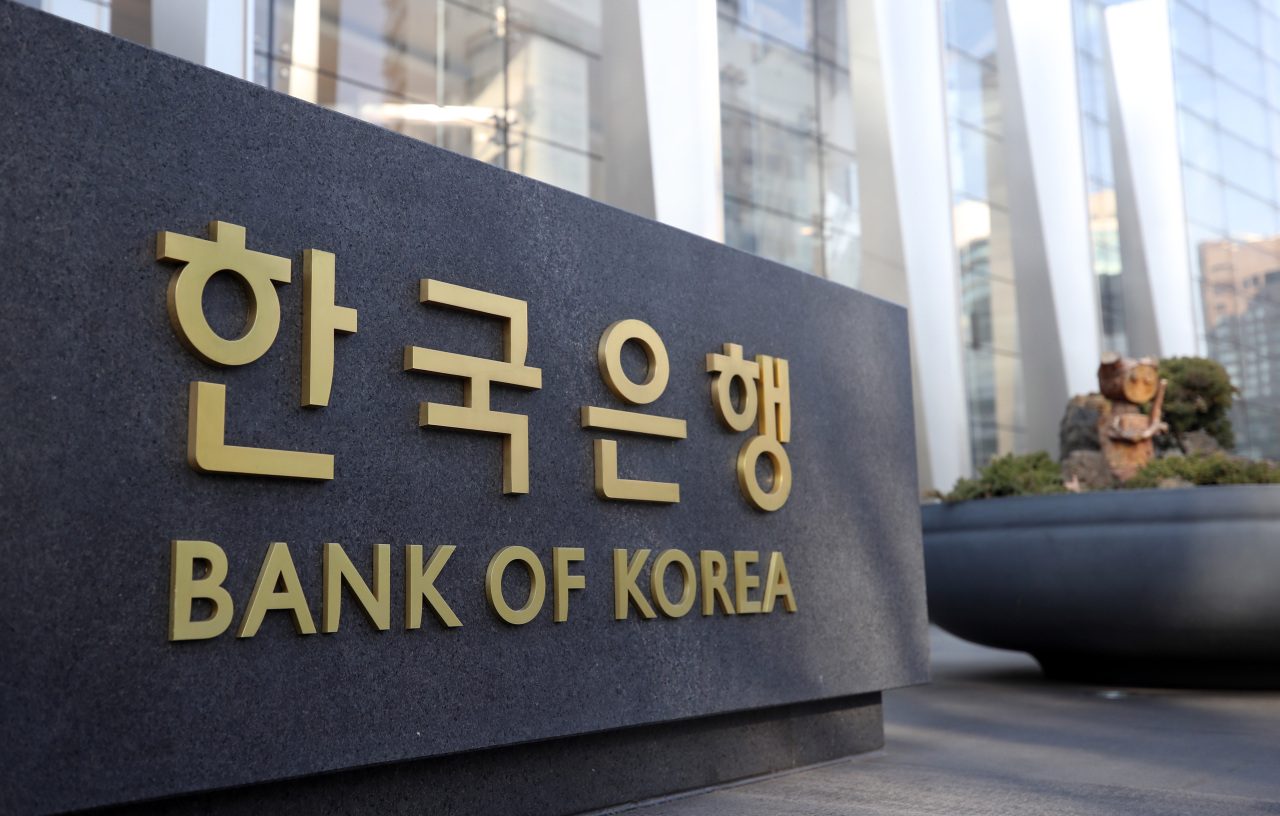The Impact on Korea’s Economy and Key Market Sectors
The Bank of Korea’s recent decision to hold interest rates unchanged for a third consecutive time has significant implications for South Korea’s economy and key market sectors. The central bank’s commitment to stimulating economic growth while maintaining stability reflects a strategic approach to navigating the challenges posed by the ongoing recovery and global uncertainties. In this article, we delve into the impacts of this decision and its effects on various aspects of the Korean market.

Economic Stimulus: Fueling Investment and Consumption
The Bank of Korea’s decision serves as a catalyst for economic stimulus, creating an environment conducive to growth. With borrowing rates remaining affordable, businesses are encouraged to invest and expand their operations. This move is expected to foster innovation, job creation, and overall economic development. Moreover, individuals can take advantage of lower borrowing costs, potentially increasing consumption and stimulating domestic demand. By supporting businesses and households, the central bank aims to bolster the overall health of the Korean economy.
Support for the Recovery: Stability and Confidence in Challenging Times
Amid the ongoing recovery from the COVID-19 pandemic, the Bank of Korea’s decision sends a clear signal of support to businesses and households. By maintaining rates, the central bank provides stability and confidence, enabling strategic decision-making and planning. This aligns with the government’s comprehensive recovery measures aimed at revitalizing the economy. The commitment to stability acts as a foundation for businesses and individuals to overcome the obstacles posed by the pandemic, ultimately driving sustainable growth.
Export Competitiveness: Maintaining Global Strength
South Korea’s strong export-oriented economy relies heavily on maintaining competitiveness in global markets. With the central bank keeping interest rates unchanged, a stable exchange rate for the Korean won is upheld. This stability enhances the competitiveness of export-driven industries, ensuring favorable pricing and market positioning internationally. The Bank of Korea’s decision reinforces South Korea’s position as a key player in global trade, contributing to the overall strength of the economy.
Inflation Management: Balancing Growth and Stability
The Bank of Korea carefully manages inflation by considering it a transitory phenomenon rather than a persistent concern. With unchanged rates, the central bank strikes a balance between supporting economic recovery and maintaining price stability. Close monitoring of inflation ensures that it remains within the targeted range, safeguarding the economy against unnecessary tightening that could hinder growth. This cautious approach reflects the central bank’s commitment to balancing inflation management and sustainable economic stability.
Financial Stability: Nurturing Confidence and Sustainable Growth
In a rapidly evolving market landscape, the Bank of Korea’s decision to hold rates steady contributes to financial stability. By avoiding abrupt rate fluctuations, market volatility is reduced, instilling confidence in investors and market participants. This stable environment supports sustainable economic growth, providing a foundation for businesses to plan, invest, and thrive. The central bank’s prioritization of financial stability underscores its commitment to the overall health and resilience of the Korean financial system.
Conclusion
The Bank of Korea’s decision to hold rates for a third consecutive time has far-reaching implications for South Korea’s economy, trading signals, and the stock market. With a focus on economic stimulus and stability, this decision fosters investment and consumption, providing favorable conditions for traders and investors. Additionally, it maintains export competitiveness, ensuring the financial market and stock market remain robust. By carefully managing inflation and nurturing financial stability, the central bank enhances confidence and sustains long-term growth in the stock market. Stay informed and make informed trading decisions based on the latest developments in the Korean financial market and stock market.
Disclaimer: This article provides information for educational purposes only and should not be considered as financial advice. Traders and investors are advised to conduct thorough research and seek professional guidance before making any investment decisions based on the information provided.






Thank you for your sharing. I am worried that I lack creative ideas. It is your article that makes me full of hope. Thank you. But, I have a question, can you help me?
Your article helped me a lot, is there any more related content? Thanks!